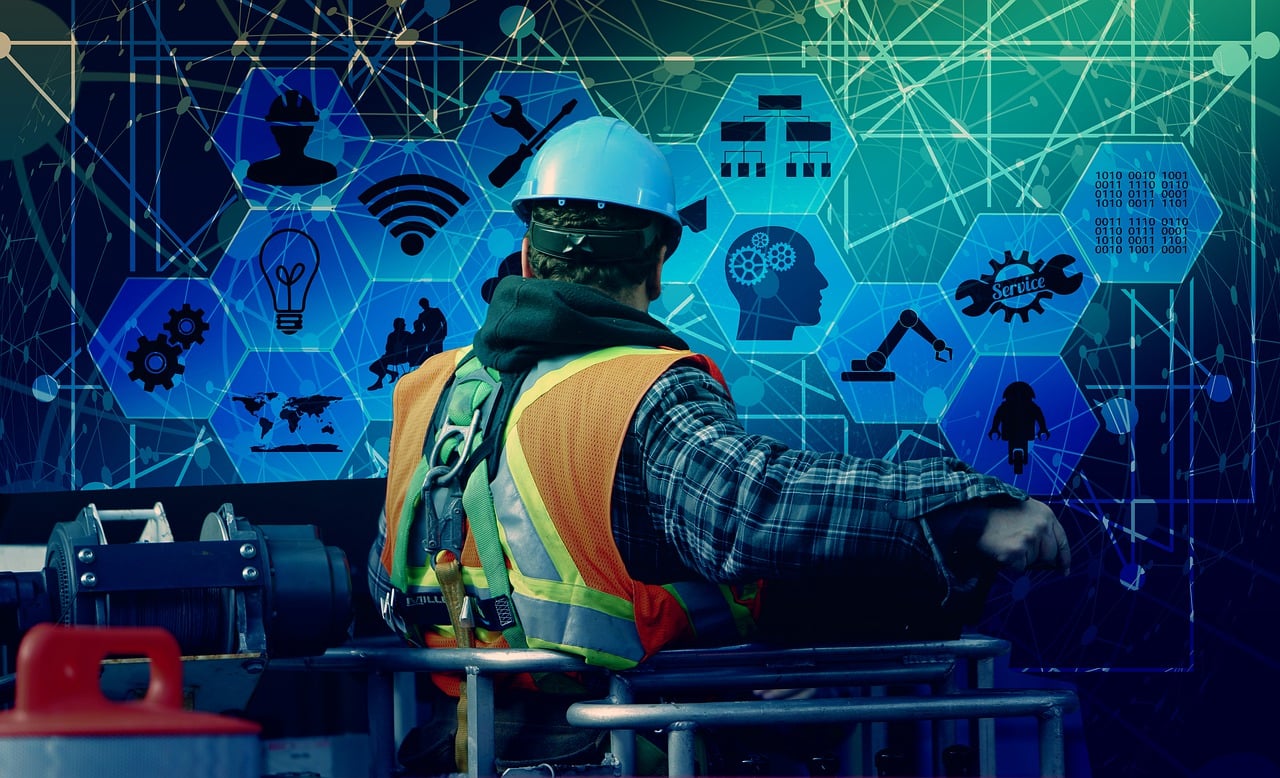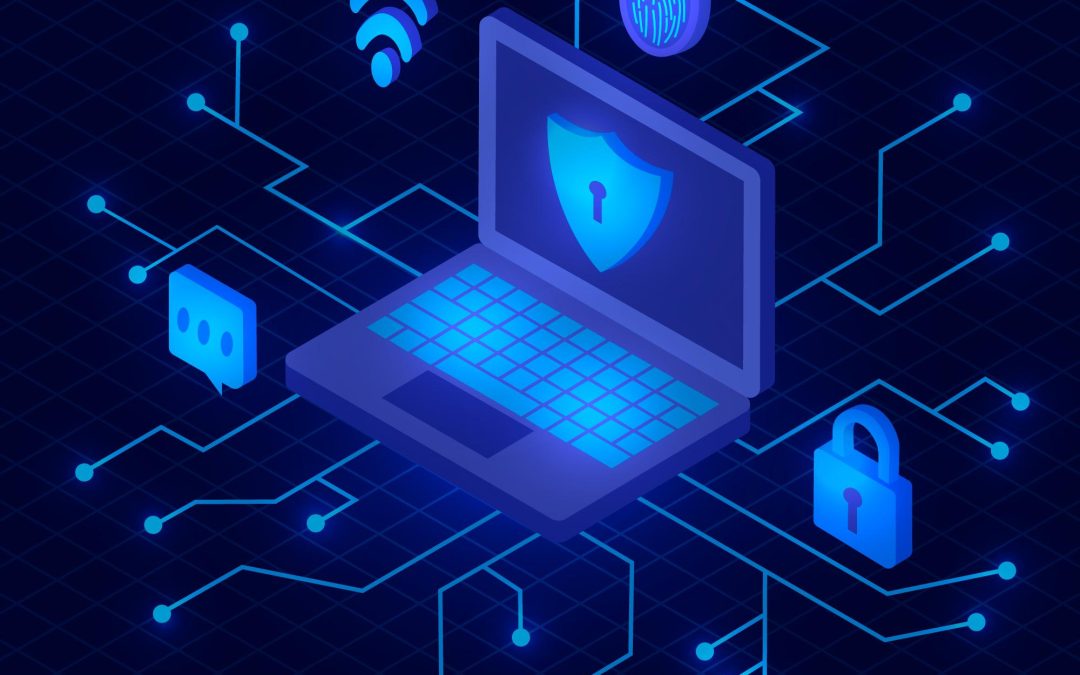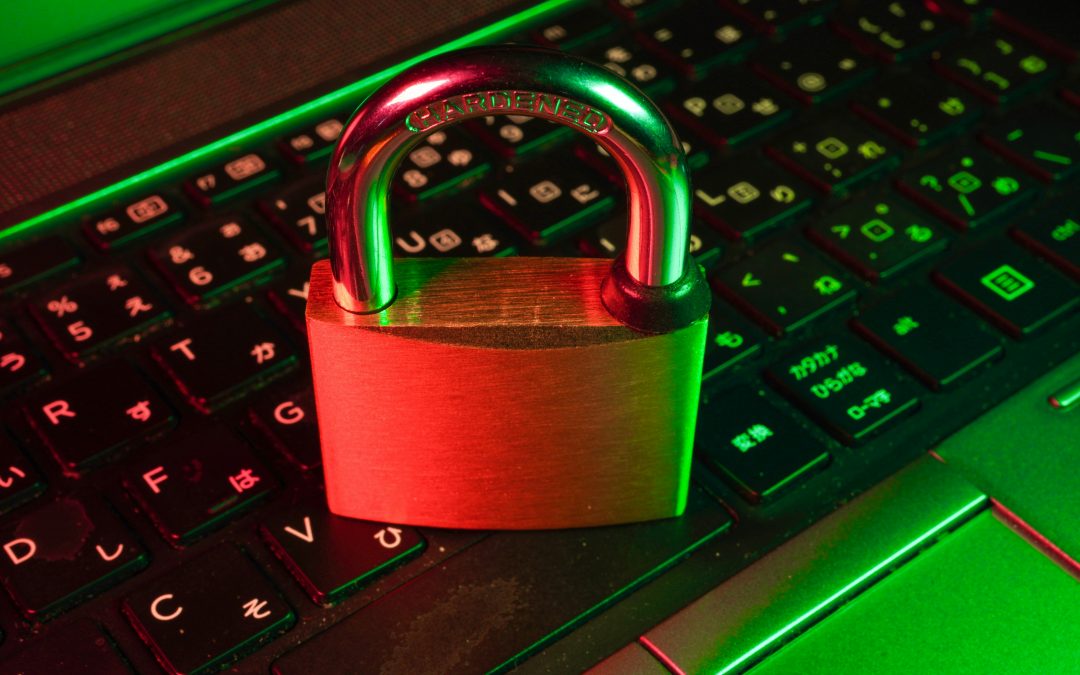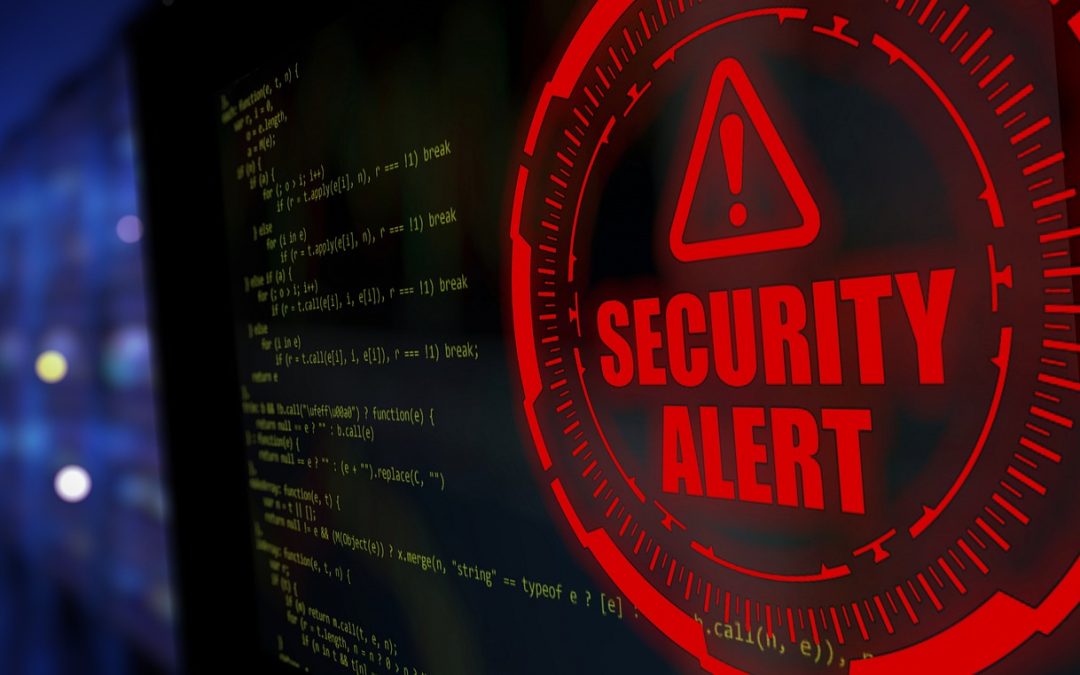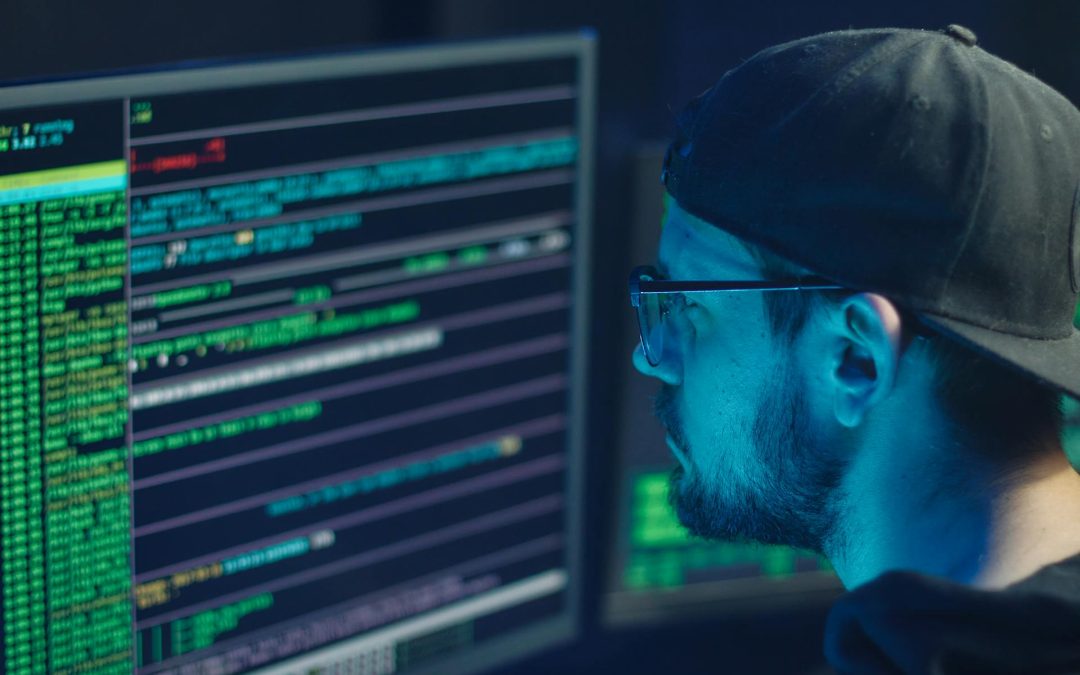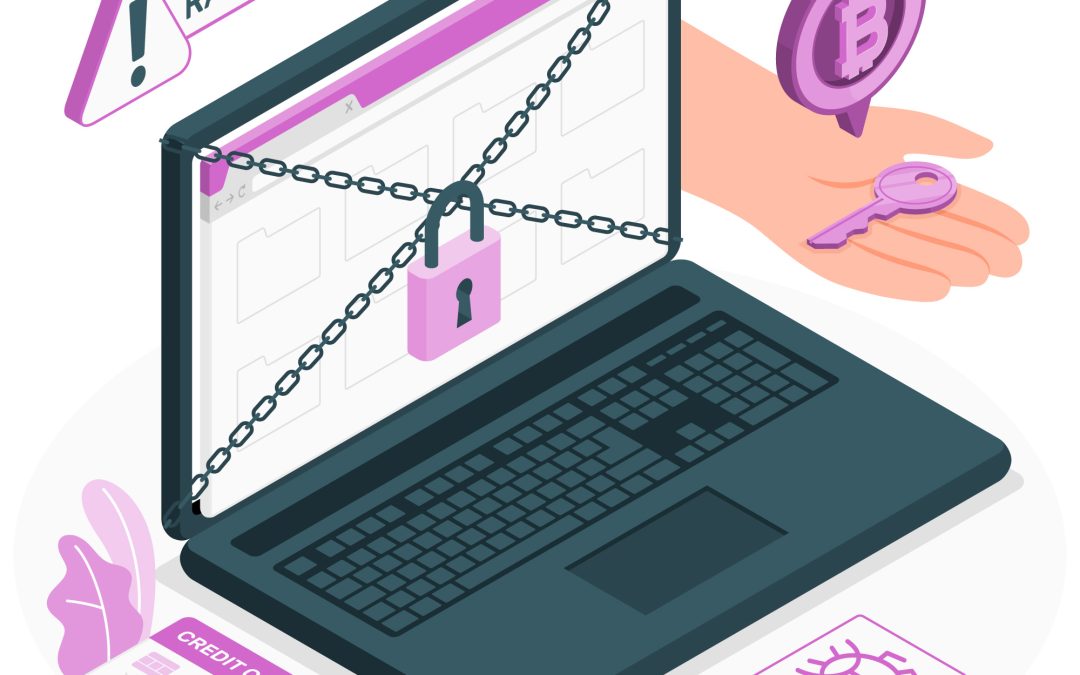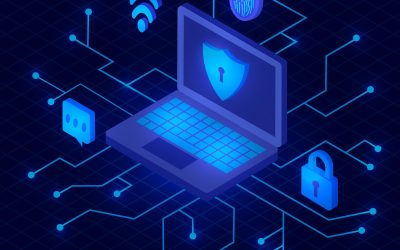Cybersecurity in the industrial sector is now more important than ever. According to a study conducted by Wavestone for the 2022 and 2025 Industry 4.0 Barometer, 33% of industrial companies have already suffered damage as a result of a cyber attack, and 84% believe that cyber security is vital to the success of their projects. This figure underlines the importance of securing the digital infrastructures of industrial companies, which are increasingly connected and vulnerable to cyber attacks.
Cybersecurity in industry: what are the challenges?
The digital transformation of industry has brought many benefits, including process automation, real-time data analysis and improved overall performance. However, it has also increased the attack surface for cybercriminals. Industrial equipment, often connected to external networks, can become vulnerable targets.
A successful cyber attack can lead to production interruptions, leaks of sensitive data and even threats to the physical safety of employees. Industrial control systems (ICS), SCADA networks and connected objects (IoT) used in factories are particularly vulnerable to cyber threats, as they are often less secure than traditional IT infrastructures. As a result, a lack of cybersecurity can lead to financial losses and seriously affect companies’ reputations.
Some recent attacks show the scale of the potential damage and the need to strengthen industrial cyber security.
For example, the Triton attack on Schneider Electric at the end of 2017 marked a turning point in the history of industrial cybersecurity. For the first time, hackers managed to take control of the security system of a petrochemical site in Saudi Arabia and put the safety of operations at risk. This innovative attack infiltrated a plant’s command and control system, using the on-site IT infrastructure as an entry point. By exploiting the plant’s operational (OT) and information technology (IT) technologies, the cybercriminals demonstrated the vulnerability of interconnected networks.
Similarly, the NotPetya attack in June 2017 caused massive financial damage to several major global companies, including Saint-Gobain in France. The ransomware brought systems to a halt, causing the company’s industrial facilities to be unavailable for several days. Financial losses for Saint-Gobain were estimated at around €250 million.
Read also: 4 legendary cyber attacks that left their mark
Protecting your equipment and projects: how do you set up an industrial cyber security system?
To reduce the risk of cyber attacks and protect critical systems, industrial companies need to deploy cyber security solutions tailored to their needs. Here are a few good ways to strengthen cybersecurity in industry.
Install USB decontamination stations
USB devices are often used in industrial environments to transfer data, but they are also a source of malware contamination. A USB decontamination station can be used to check each USB device before it is inserted into industrial equipment, detecting and removing any viruses or malware. These stations can be installed at network entry points to ensure that no infected devices compromise the system.
To strengthen their security, industries can therefore protect all their removable media by installing one or more decontamination stations, such as those offered by TYREX. By analysing USB devices, our white stations detect and eliminate threats, ensuring secure connections.
Installing antivirus software
The use of antivirus software may seem obvious, but in the industrial sector it is sometimes overlooked. An anti-virus adapted to industrial environments must be able to detect threats specific to control systems and connected equipment.
Regular antivirus updates are also essential to maintain a high level of protection. Modern antivirus software often includes functions for detecting abnormal behaviour, which makes it possible to identify unknown malware and zero-day attacks.
Choose a secure server
Industrial companies should opt for secure servers capable of managing critical data and resisting intrusion attempts. A secure server guarantees data integrity and allows access to be restricted to authorised personnel only.
It is also important to deploy network segmentation solutions to limit the spread of any intrusion across the entire infrastructure. Segmentation makes it possible to contain an attack and protect the essential parts of the system in the event of a security failure in one sector of the network.
Raising staff awareness of industrial cyber security
Finally, employees play a central role in industrial cyber security. Human error accounts for a large proportion of security breaches. Regular training must be put in place to help employees:
- understand cyber risks
- recognise phishing attempts
- use tools securely.
A well-established culture of cyber security is one of the best defences against cyber attacks.

